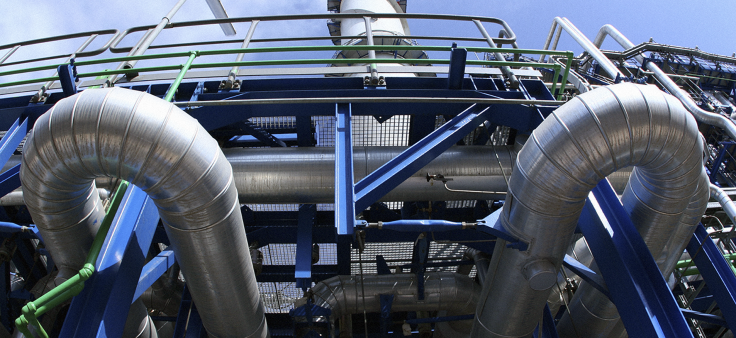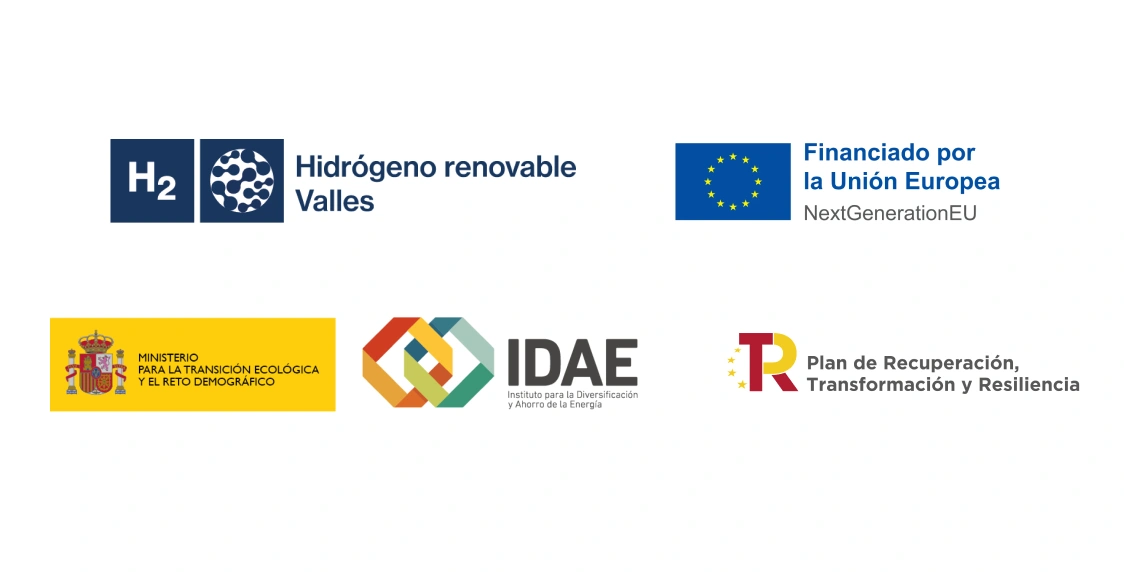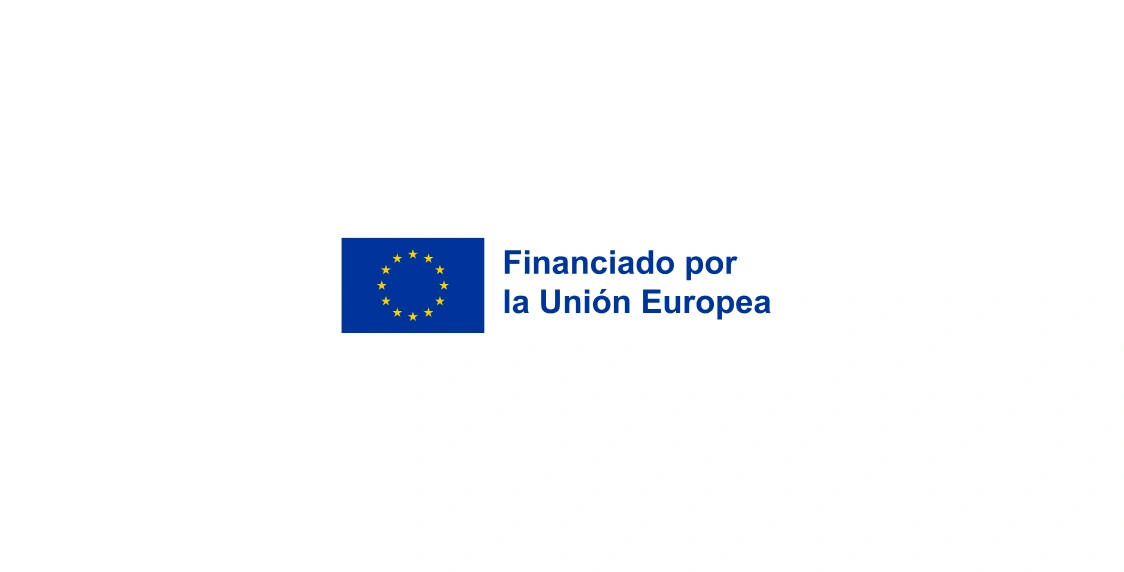
Hydrogen Valleys Programme (PERTE ERHA)
As part of the Strategic Project for the Recovery and Economic Transformation of Renewable Energies, Renewable Hydrogen, and Storage (PERTE ERHA), we’re launching the largest green hydrogen project in Europe in Andalusia. The initiative is backed by €303.75 million in funding from the Ministry for Ecological Transition and the Demographic Challenge, which will support the initial phase of the Andalusian Green Hydrogen Valley.
The Onuba project, as the first phase is called, involves building a green hydrogen production plant in Palos de la Frontera (Huelva) with 405 MW of electrolysis capacity. The project is expected to generate 10,000 direct, indirect, and induced jobs, primarily during the construction phase. The facility will supply green hydrogen both to the company’s own industrial sites and to third parties, playing a key role in decarbonizing industry as well as heavy land, sea, and air transportation.
The H2 Valles program has allocated a total of €1.214 billion to seven strategic initiatives across Andalusia, Aragon, Castilla y León, Catalonia, and Galicia, with the aim of achieving a total electrolysis capacity of 2,278 MW and attracting investments worth €4.907 billion. With a quarter of the total funding, Onuba has secured the largest share of the PERTE. It is also the only project based in Andalusia.

Andalusian Green Hydrogen Valley Studies I
The “Andalusian Green Hydrogen Valley Studies I” project will help implement the Project of Common Interest (PCI) 9.15.4: “Andalusian Green Hydrogen Valley (HyAndalusia)”. Its goal is to develop a total electrolyzer capacity of 2 GW, distributed evenly between the provinces of Huelva (1 GW) and Cádiz (1 GW). This initiative will drive the decarbonization of industries that are difficult to electrify by supplying renewable hydrogen and its derivatives.
The CEF-funded project “HyAndalusia – Studies I” is designed to carry out the studies necessary to reach the Final Investment Decision (FID) and to prepare for the implementation of 1.1 GW of the Andalusian Green Hydrogen Valley. This includes:
- ONUBA Phase 1
- THARSIS
- CARTEIA Phase 1
The scope of work covers: technical studies, risk assessment, financial planning, Pre-FEED and FEED studies and contract negotiations.
The ONUBA Phase 1 and THARSIS projects are set to be developed in Huelva, along with a feasibility study for the Rociana–ONUBA hydrogen pipeline.
In Cádiz, the focus will be on pre-FEED and FEED studies, contract negotiations, and financing strategies to implement CARTEIA Phase 1.
HyAndalusia – Studies I will drive the development of electrolyzer capacity for renewable hydrogen production across the identified sites in Andalusia, Spain. Its objectives are to:
- Establish hydrogen interconnectionso
- Address supply shortages
- Reduce bottlenecks
Together, these measures will make a significant contribution to Europe’s energy security and independence.


